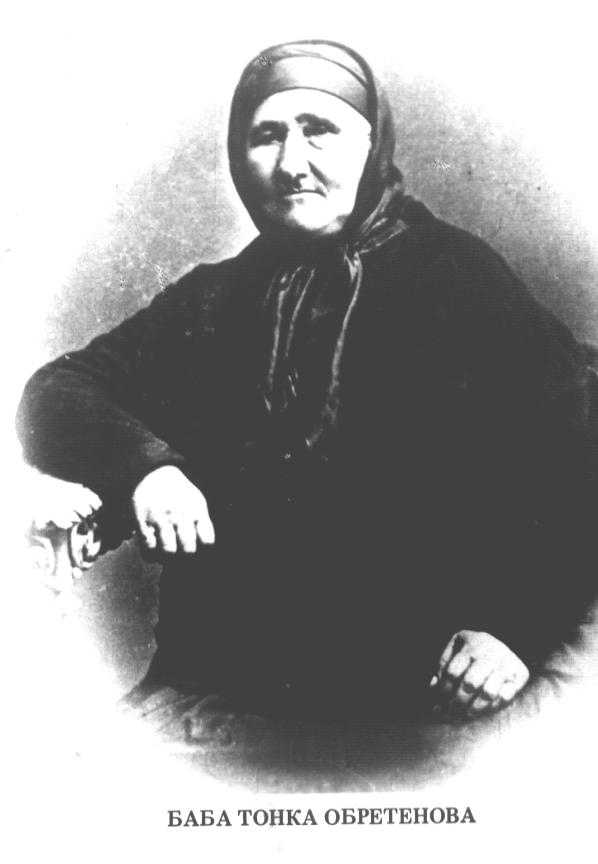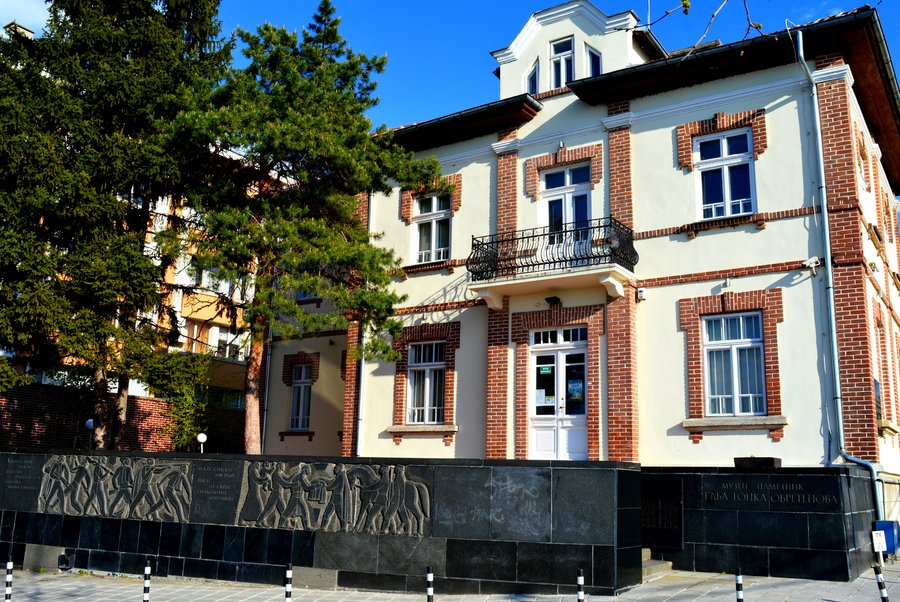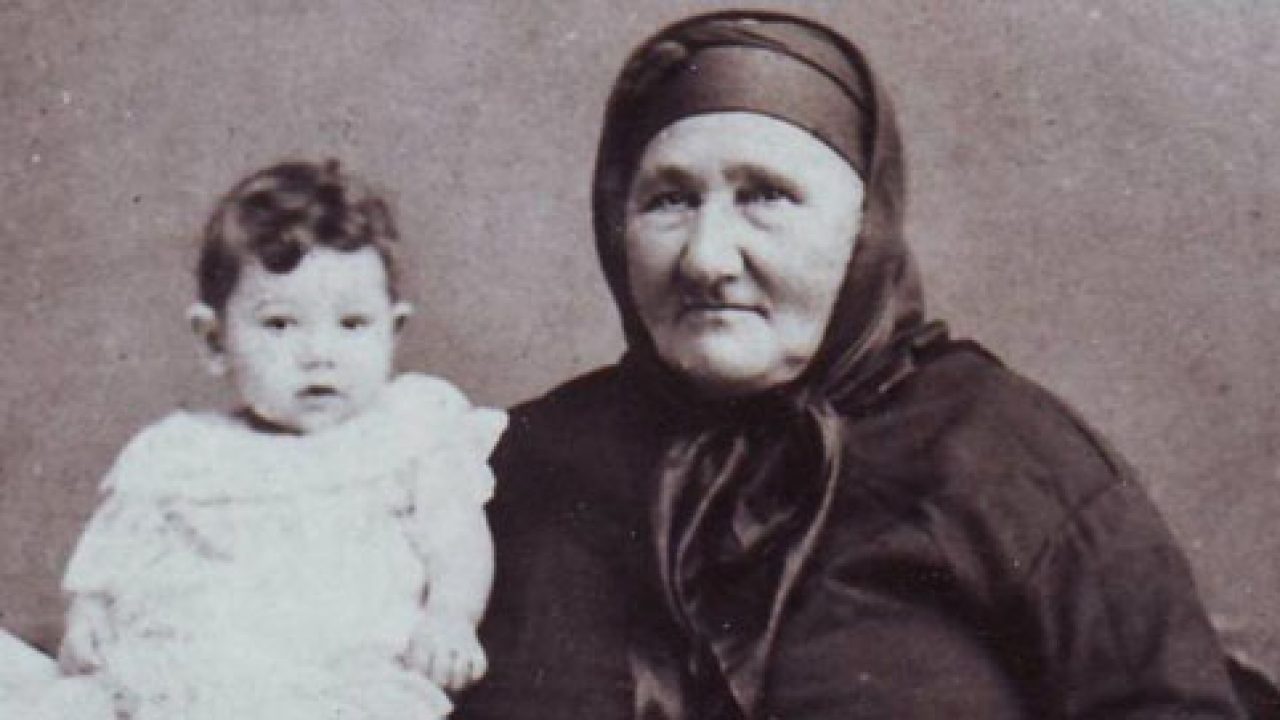Baba Tonka in Ruse
While more and more women are fighting for the recognition of their rights, it is good to remember that hero is also a feminine word. In the media or in everyday life, the masculine, even ultra-masculine, figure of the hero is over-represented. In a study, it was noted that out of 93 main characters in children’s books, only 38% were heroines. When they are represented, they are often pale copies of male heroes or exist only to distract the male gaze. However, just as little girls identify with male heroes, boys can identify with female heroes. It is therefore necessary to look into one’s daily life to find the real heroines from whom to draw inspiration and identify. Amongst those daily heroines, one stands out, especially in Bulgaria: the mother.
One figure of the mother-heroine stands out in Bulgaria. In the Pantheon of Ruse, there is only one woman: Baba Tonka. It is difficult to find a person of the stature of Tonka Obretenova in Bulgarian history. She is an example of a person who devoted her whole life selflessly to her homeland, although in most cases it caused her suffering.

One may wonder where exactly she was born – in Ruse or in the village of Cherven, as well as when it happened – in 1812 or 1814.In any case, her hometown gave her strength of mind. She was almost illiterate, but the letters of the revolution were rolling in her soul like an iron alloy. Tonka was lush, independent, and resourceful from an early age. Contrary to custom, she did not bow to her father’s wishes, but chose a husband in 1831. From this marriage 12 children were born, of which 7 survived: five boys (Atanas, Angel, Peter, Nikola, and Georgi) and 2 girls, Petrana and Anastasia. All of them were brought up in the love of the motherland and the knowledge of their parents.
She met Rakovski at her home without fear of exposing herself and her family to suspicion. His words permeated her soul and led her to devote herself to the struggle for freedom with such devotion. In their home, the spirit of the Kotlenets (as Tonka called Rakovsky in front of her children) was felt not only through the words spoken, but also through those sealed on paper. Tonka Obretenova’s house welcomed the committees and hosted such national revolutionaries as Georgi Stoykov Rakovski, Stefan Karadja, Angel Kanchev or Zahari Stoyanov. She welcomed them all as her own sons, concerned about their safety and their life as a mother. Zahari Stoyanov described her home as an arsenal, where work was actively done, and the committee mail came every day. Tenderness, excitement, and pride filled the heart of the heroic and revolutionary mother, watching how bold plans of action were made and final preparations made.
Instead of crying, she was firm. She managed to gain the trust of the prison staff through her apparent loyalty to the Sultan. She cursed them and congratulated them loudly, but as she approached them, she gently encouraged them and sympathized with them like a mother. Thus, Baba Tonka and Petrana began to visit the revolutionary prisoners every day and brought them clothes, food, and other aid. Those sentenced to perpetual exile were to be taken to the train station, but when the group crossed the streets, many people came out. They were sent with words of encouragement and flowers. Then Baba Tonka’s words rang out. The unforgettable words of courage and strength of spirit: “I have lost four sons! Two are in the grave and the others are half alive. But if I had four more, I would still make them carry the Bulgarian flag with the golden lion.” For her devotion, Zahari Stoyanov called her “Baba Tonka” and under this name remains in the memory of the people. When the government granted Baba Tonka a pension for services to the motherland, she gave it to provide textbooks for poor students. Such were the members of the Obretenov family – with a strong spirit, dedication to the cause of the people, energetic and willing.
Baba Tonka died in 1893 and people remember her with the unchanging black scarf, always sending and always waiting. Called by Turks and Bulgarians “Mother of rebels”, she became the sacred image of the Bulgarian mother.

Lucile Casamajor


glad to have find this interesting information.
I had the chance to visit the museum back in 1969 and never forgot about it.It is with melancholy that I can see and recall the view of the special wool slippers we had to put on.
kind regards from Belgium